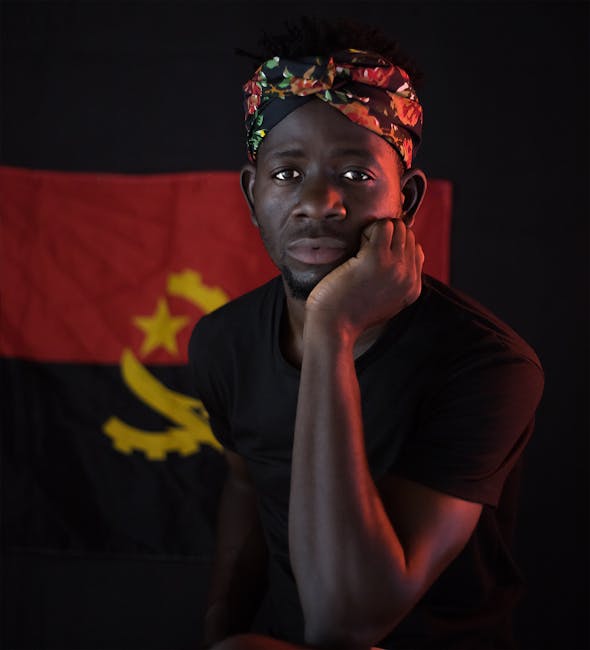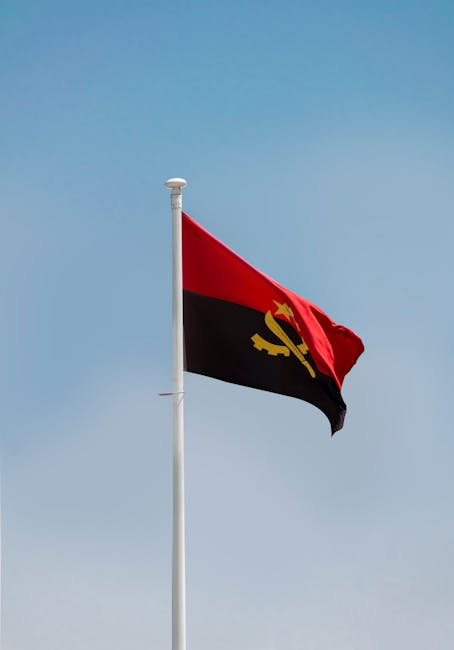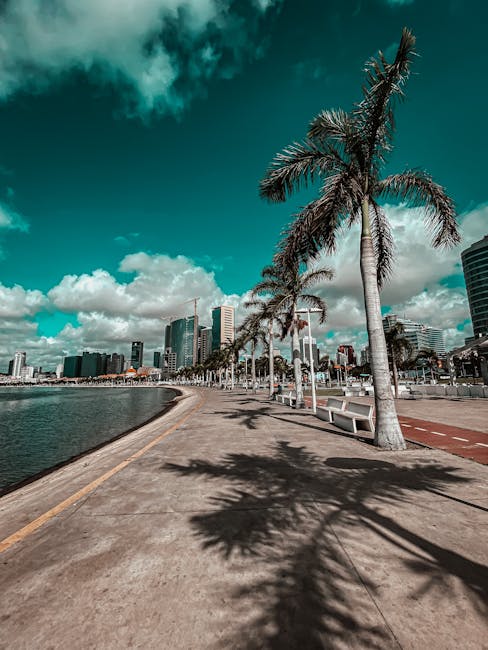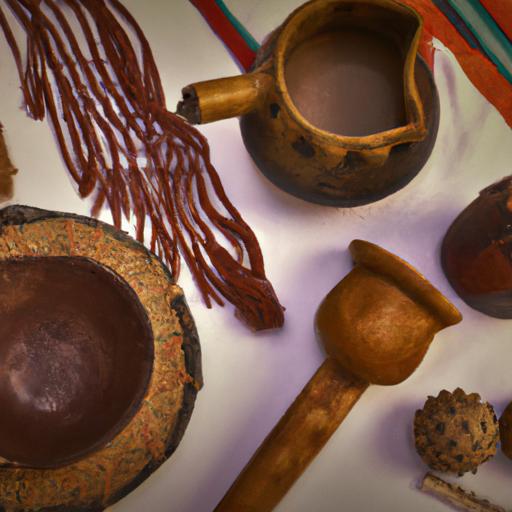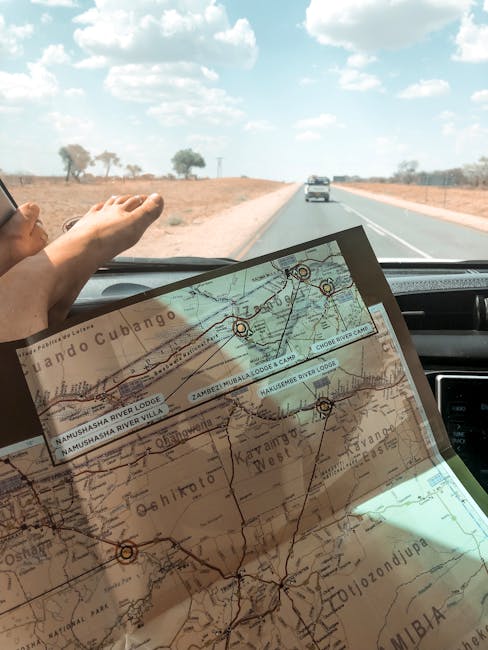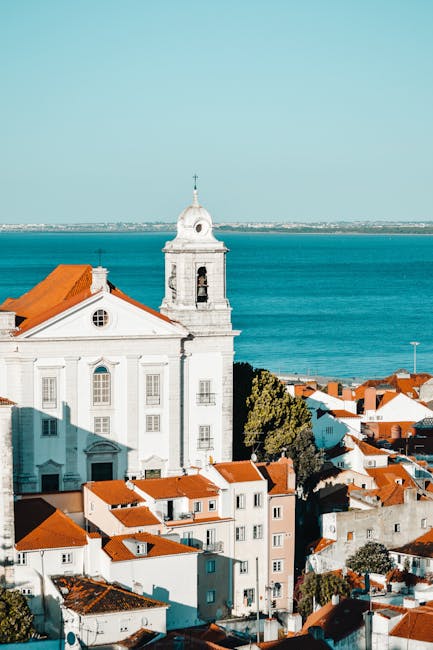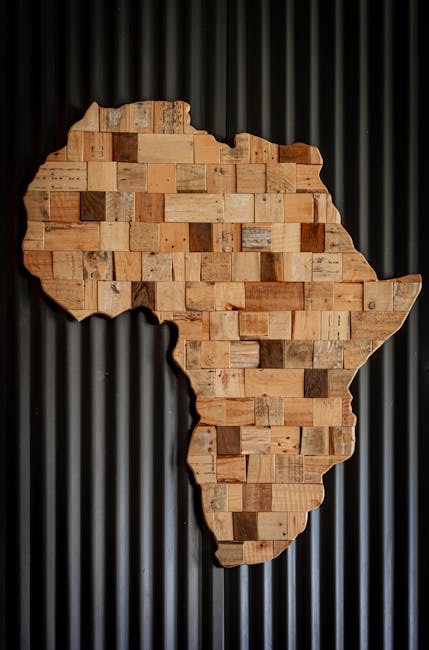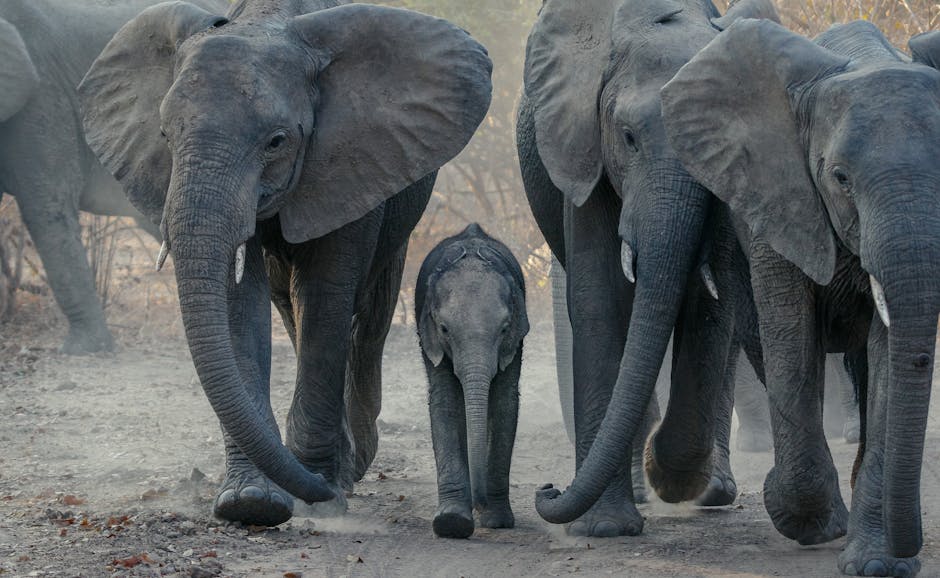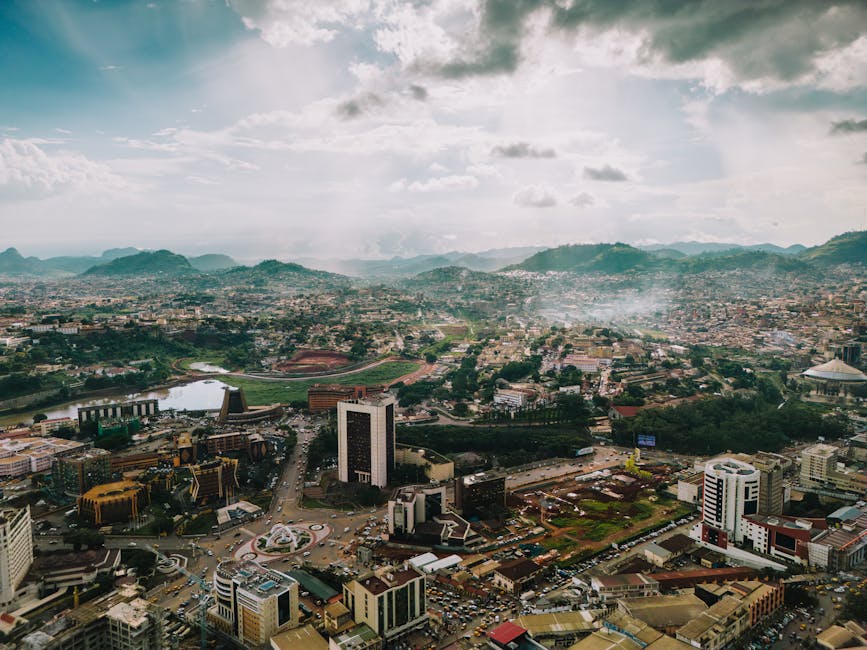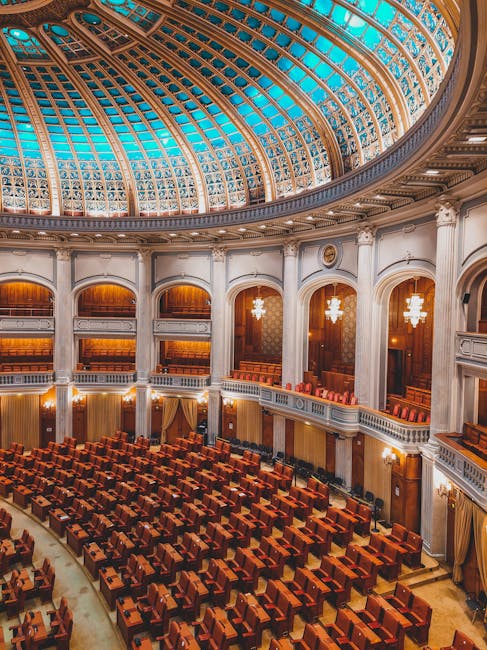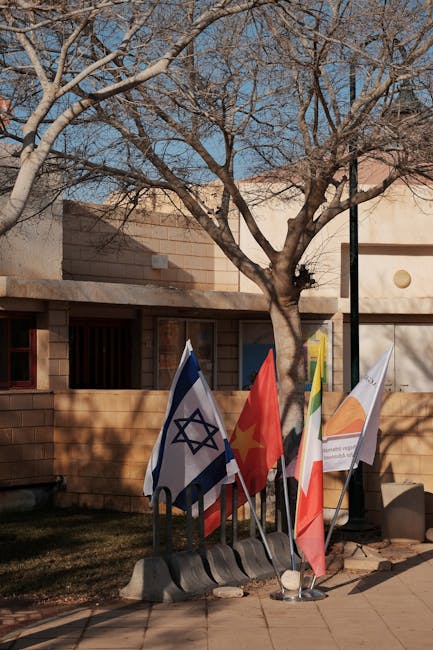Angola
Overview
Angola, located in Southern Africa, is a country known for its rich cultural heritage and diverse landscapes. The uniqueness of Angola lies in its tapestry of vibrant tribal cultures, each with its own languages, customs, and traditions. The country is also rich in natural beauty, boasting stunning beaches, the breathtaking Kalandula waterfalls, and the wildlife-abundant Quiçama National Park. A blend of Portuguese colonial architecture and modern infrastructures in cities like Luanda, the capital, adds to the country's unique charm.
The high season for tourism in Angola is from May to September, during the dry season, when the weather is cooler and less humid, making it an ideal time for sightseeing and outdoor adventures. During this time, you can indulge in a variety of activities such as trekking in Tundavala, exploring the Iona National Park, or basking in the sun at Sangano beach. The capital city, Luanda, also hosts several cultural and music festivals during the dry season, providing an immersive experience into the Angolan culture.
Before traveling to Angola, it's important to prepare adequately. All visitors need a visa to enter the country, so ensure to apply in advance. The official language is Portuguese, so learning a few basic phrases could be helpful. Make sure to get vaccinated for diseases like Yellow Fever, and carry mosquito repellants as the country is in a malaria zone. Pack lightweight clothing for the day and warmer ones for cooler nights. Lastly, it's advisable to respect local customs and traditions, to ensure a harmonious interaction with the locals.
A Glimpse into the Past
Angola, a country located in Southern Africa, boasts a rich tapestry of history that is deeply woven into its vibrant culture, stunning landscapes, and resilient people. From ancient civilizations to colonial struggles and modern-day recovery, Angola's narrative is as diverse as its geography.
Pre-Colonial Era
Before the arrival of Europeans, Angola was home to various indigenous groups, each with their own languages, customs, and social structures. The most notable among them were the Kongo people, who established the Kingdom of Kongo in the late 14th century. This kingdom became a powerful entity, engaging in trade with coastal nations and forming intricate political alliances. The Kongo Kingdom was known for its sophisticated governance, art, and spirituality, which still resonate in Angolan culture today.
Another significant group was the Ovimbundu, the largest ethnic group in Angola, who primarily inhabited the central highlands. They were renowned for their agricultural practices and trade networks, which facilitated the exchange of goods like ivory and textiles. The rich cultural heritage of these groups can be explored through music, dance, and traditional festivals, offering travelers a glimpse into Angola's past.
Colonial Era
The arrival of Portuguese explorers in the late 15th century marked the beginning of colonial rule in Angola. By the late 16th century, the Portuguese had established control over the coastal areas, exploiting the land's resources and its people. The slave trade flourished, with thousands of Angolans forcibly taken to work on plantations in Brazil and other parts of the Americas. This dark chapter in history left a profound impact on Angolan society, contributing to its demographic and cultural diversity.
The Portuguese colonial administration faced resistance from various groups, leading to uprisings and conflicts throughout the 19th and early 20th centuries. The struggle for independence gained momentum in the mid-20th century, with several liberation movements emerging, most notably the Popular Movement for the Liberation of Angola (MPLA), the National Liberation Front of Angola (FNLA), and the Union for the Total Independence of Angola (UNITA).
Independence and Civil War
Angola finally achieved independence from Portugal in 1975, but the victory was short-lived as the country descended into a brutal civil war. The conflict pitted the MPLA against UNITA, fueled by Cold War dynamics, with foreign powers backing both sides. The war lasted for nearly three decades, resulting in devastating human and economic costs. Cities were ravaged, and millions were displaced, creating a legacy of trauma that the nation is still working to heal.
Travelers to Angola can visit historical sites from this tumultuous period, such as the Fortress of São Miguel in Luanda, which offers panoramic views of the capital and insights into colonial history. The National Museum of Slavery in Luanda also serves as a poignant reminder of the past, shedding light on the impact of the slave trade on Angolan society.
Modern Angola
In 2002, the civil war came to an end, marking the beginning of a new era for Angola. The country has since focused on reconstruction and development, fueled by its vast natural resources, particularly oil and diamonds. Today, Angola stands as one of the fastest-growing economies in Africa, attracting foreign investment and fostering a burgeoning middle class. However, the wealth generated from these resources has not been evenly distributed, and challenges remain in addressing poverty and inequality.
For travelers, Angola offers an intriguing mix of modernity and tradition. The capital, Luanda, is a bustling metropolis with a lively cultural scene, including the Luanda Waterfront, where visitors can enjoy local cuisine and stunning ocean views. The city's vibrant markets, such as the Roque Santeiro Market, offer a taste of everyday life and a chance to purchase traditional crafts and goods.
Natural Wonders
Angola is also renowned for its breathtaking landscapes, ranging from arid deserts to lush rainforests. The Kalandula Falls, one of Africa's largest waterfalls, is a must-visit natural wonder, set against a backdrop of striking rock formations and rich biodiversity. The Namib Desert, which stretches into Angola, offers unique opportunities for adventure, including sandboarding and wildlife viewing.
For those interested in wildlife, the Quiçama National Park is a significant conservation area, home to elephants, giraffes, and a variety of endemic species. Guided safaris provide an excellent opportunity for travelers to immerse themselves in Angola's natural beauty while supporting local conservation efforts.
Cultural Heritage
Angola's cultural heritage is a reflection of its history and diverse ethnic groups. Traditional music, particularly Marimba and Semba, plays a vital role in Angolan life, often accompanied by vibrant dance performances. Festivals, such as the Luanda Carnival, showcase the country's artistic expressions and promote a sense of national pride.
Cuisine is another essential aspect of Angolan culture, with dishes like muamba de galinha (chicken stew with okra) and funje (a cornmeal dish) being popular among locals and visitors alike. The fusion of indigenous ingredients with Portuguese influences provides a unique culinary experience that travelers should not miss.
Conclusion
In summary, Angola is a country rich in history, culture, and natural beauty. From its ancient kingdoms to the scars of colonialism and civil war, the journey through Angola's past offers valuable insights into its present and future. Whether exploring the bustling streets of Luanda, marveling at its natural wonders, or engaging with its vibrant cultural scene, travelers will find that Angola is a destination that captivates the heart and mind. With ongoing development and a commitment to preserving its heritage, Angola invites visitors to experience its unique story firsthand.
Top cities for tourists in Angola
Discover the Famous Cities That Might Captivate Your Interests
Must-Try Foods You Can't Afford to Miss
Indulge in a Variety of Fantastic Foods During Your Stay in Angola
May Be Your Next Destinations
People often choose these countries as their next destination


